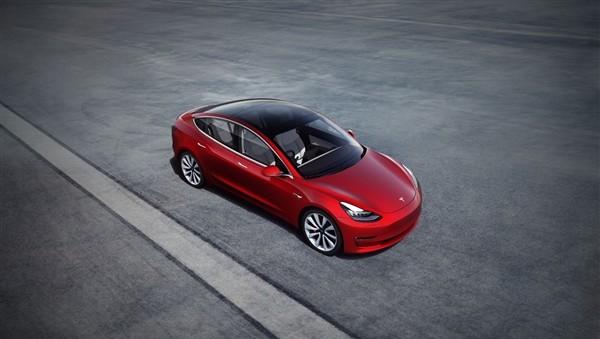During the winter car, the actual mileage of the electric vehicle is always difficult to reach the level declared by the manufacturer, and many car owners also tacitly accept this fact, but there are also car owners who are more genuine and protect their rights through legal means.
A few days ago, the China Judgment Document Network disclosed a lawsuit between the owner and Tesla, but the result ended in the owner's defeat.
The ruling shows that the owner of the car, Ms. Wang, purchased a long-endurance Tesla, and the purpose of her purchase was to return to her hometown for the New Year, so it required a long-lasting vehicle.
At the beginning of the purchase of the car, Ms. Wang also communicated with the sales many times, confirming that the vehicle could run 480 kilometers after a clear reply, she purchased the vehicle.

However, the first time she charged the vehicle, she found that the vehicle was only 378 kilometers in full power, and she did not see the figure of 480 kilometers at all.
To this end, the owner asked Tesla Tianjin Company, but the sales staff denied the statement that the car could run 480 kilometers, and changed it to say that the vehicle could actually run 400 kilometers up and down.
The court did not accept the evidence that the female owner's vehicle itself showed a maximum mileage of 378 kilometers, but accepted the "test report" submitted by Tesla, and upheld the original judgment in turn.
The court held that Wang Yinxia claimed that Tesla Beijing and Tesla Tianjin Company had fraudulently acted on the mileage of the vehicle when selling the vehicle to them, and demanded a refund of the purchase price and triple compensation.
According to the evidence in the case, the "List of Environmental Protection Information accompanying vehicles for electric vehicles" and the "Test Report" of the vehicles involved in the case both show that the mileage is 480 kilometers, and the sales staff in the WeChat chat records also state that the official endurance is 480 kilometers.
The evidence submitted by Wang Yinxia is insufficient to prove that Tesla Beijing Company and Tesla Tianjin Company deliberately informed the vehicle mileage of the vehicle when selling the vehicle involved in the case, or concealed the true situation, resulting in a false expression of intent.
Therefore, the courts of first and second instance did not support Wang Yinxia's litigation claim, which was not improper. Wang Yinxia claimed that the maximum mileage displayed by the vehicle involved in the case itself was 378 kilometers, thus insisting on his claim, but did not submit new evidence and sufficient reasons sufficient to overturn the original judgment, so this court could not support his request for retrial.
In summary, the second instance rejected Wang Yinxia's application for retrial.